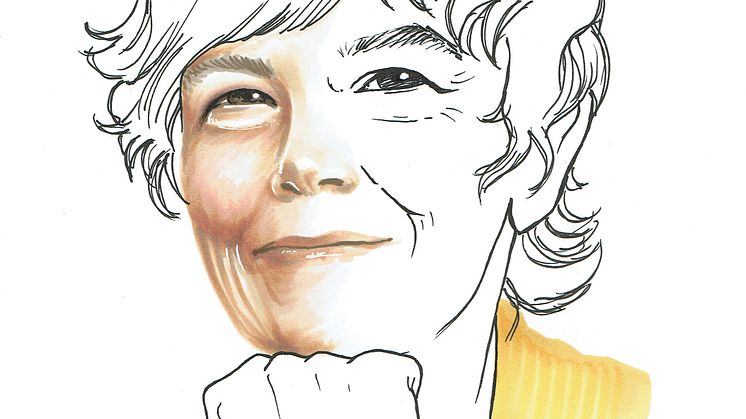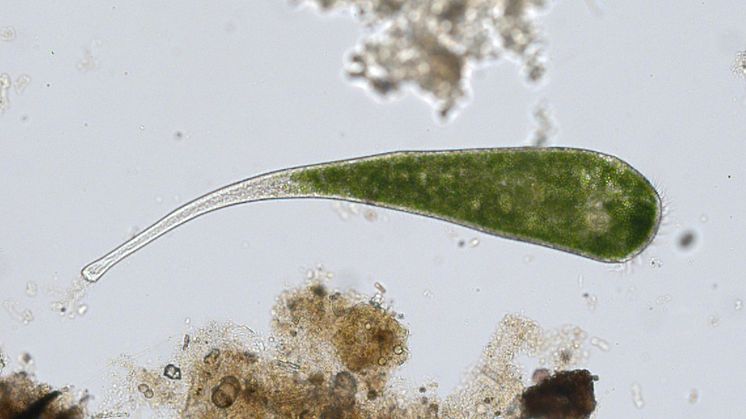A lipid “trap” inside cells reduces drug effectiveness
Cellular lipids are more efficient than proteins in trapping most drugs and hence reducing the free intracellular drug concentration. This is shown by researchers at Uppsala University in an article published in Molecular Pharmaceutic.

